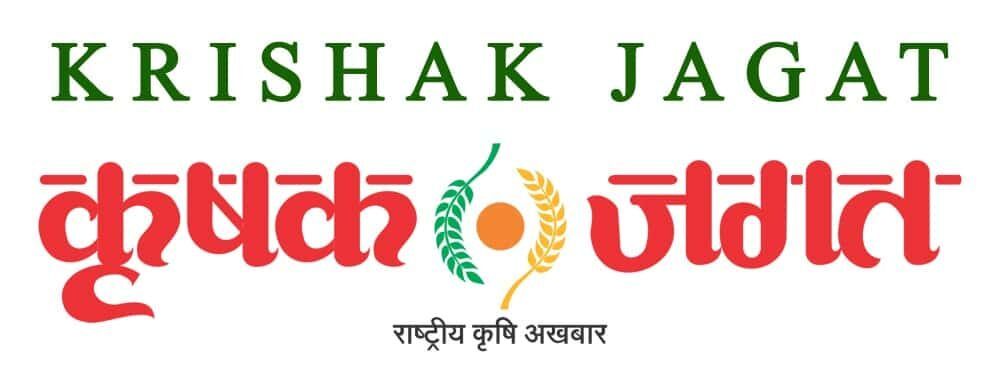New Science Alliance Born: A Fresh Chapter For Global Sustainability

The Alliance for Science has embarked on a new journey as the Alliance for Science Global Consortium, marking a significant transformation in its mission to drive sustainable growth and innovation.
According to Dr. Sheila Obim, the Executive Director of the Alliance, she is set to revert to her maiden name, Dr. Sheila Obim, this year, as she embarks on an exciting new chapter. The organization's shift towards global consolidation with Michigan State University (MSU), Farming Future Bangladesh (FFB), and support from the United Nations Environment Programme (UNEP) is set to redefine its approach in addressing pressing global challenges.
Managing resistance and navigating internal and external obstacles required agility, new skills, and bold strategies. The organization has faced significant funding uncertainty, having completed a primary grant in June 2024 with no guarantee of renewal. However, the alliance's bold move to establish itself as a fully independent legal entity in Africa opened up opportunities for diverse partnerships.
"We took a strategic risk by registering as an independent legal entity in Africa," said Dr. Sheila Obim. "This move carried risks, but it also created a unique opportunity to collaborate with institutions like Michigan State University. Together, we established the Alliance for Science Global Consortium, a model that transcends traditional binary distinctions between the Global North and South."
The new ensemble is guided by the 3 Cs of Science Communication: Crisis, Climate, and Culture. The flagship program, Mis/Disinformation Response Alliance (MiDRA), will be launched in collaboration with the Future of Science Communication Forum on February 25-26, 2025, in Nairobi, Kenya.
Addressing the climate crisis is another key priority as the conglomerate focuses on establishing partnerships with organizations like the United Nations Environment Programme to develop The Climate Action Zone. This platform aims to promote science-based solutions and foster international collaboration.
Lastly, the organization emphasizes empowering the global south through initiatives such as Indigenous Science and Technology Initiatives (ISTI). By mobilizing community partners, ISTI will address knowledge gaps across Africa and support localized innovations for tackling global challenges.
"We recognize that emerging knowledge from precision genomics, synthetic biology, and AI-driven technologies is revolutionizing our understanding of science," said Dr. Sheila Obim. "However, we also acknowledge the critical need to adapt to this new paradigm or risk facing catastrophic consequences for humanity"
Ultimately, this 'New Science Alliance' is designed to prioritize sustainable growth, innovation, and collaborative progress – for the benefit of an entire generation.
[Image: Dr. Sheila Obim and the leaders from Michigan State University (MSU) and Farming Future Bangladesh (FFB), launching The Climate Action Zone]
